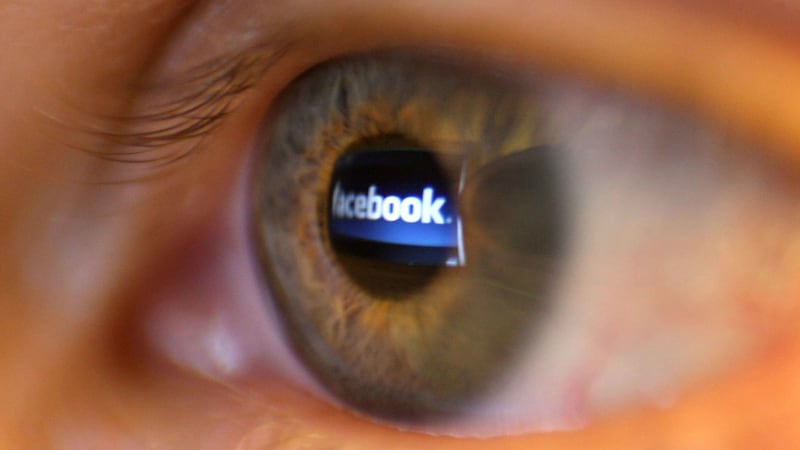EDMOND Locard (1877 - 1944) was a pioneer in forensic science and earned the nickname, "the Sherlock Holmes of France".
He laid down the first principle of forensic science (now known as Locard's exchange principle): "Every contact leaves a trace". This was summed up by Paul Kirk: "Wherever he steps, whatever he touches, whatever he leaves, even unconsciously, will serve as a silent witness against him. Not only his fingerprints or his footprints, but hair, the fibres from his clothes, the glass he breaks, the tool marks he leaves, the paint he scratches, the blood or semen he deposits or collects. All of these and more, bear mute witness against him. This is evidence that does not forget. It is not confused by the excitement of the moment. It is not absent because human witnesses are. it is factual evidence. Physical evidence cannot perjure itself, it cannot be wholly absent. Only human failure to find it, study it and understand it, can diminish its value."
While reading those words the other night (I love detective fiction) I couldn't help thinking about politics generally and the presidential race in particular. Every contact with a political party, or candidate, or manifesto leaves a trace. We may not notice it at the time. They may not notice it, either: indeed, they probably do their best to avoid leaving any incriminating traces at all. But over the years - and even more so in this era of the digital footprint, where it's become almost impossible to erase anything which has ever been texted, emailed, tweeted, filmed, recorded, facebooked or 'captured' - each of those traces is doing huge damage to the perception of politics and our individual view of politicians.
When I was growing up (and no, I'm not about to have one of those 'back in my day' rants) there was a respect for something we instinctively understood as 'authority'. The Church, police, government, teachers, doctors, individual clergy, politicians, journalists, bankers, businessmen et al. The sort of person you would go to when you needed passport and driver's licence photographs endorsed; or you needed someone to act as a character reference for a job application. We knew who they were: the great and the good, the establishment, 'our betters.' They inhabited their own world of private clubs and organisations and made all the decisions for us. We may not have known much about them, let alone what they did, but we tended to know who they were. We let them get on with it. We knew our place.
That world has gone. That respect for authority has gone. That deference to 'our betters' has gone. That era of leaving them to get on with it has gone. And that's because we have had contact with them in a way which was never possible even as recently as the early 1970s; a contact which has left traces we don't like. We don't trust them. We view them all with, at best suspicion and, at worst, utter contempt. Their lives and legacy are now open books. At the touch of a button everything they have said and done; every mistake, every lie, every misspeak, every broken promise is laid out before us. And we share all of that information with each other---particularly with our digital 'friends' and 'followers'. For good measure we share it by way of Marc Antony's bury, rather than praise approach.
There's a brutality in politics that hasn't really existed before: and I say that as someone who has always known that politics has always been brutal. But what existed in earlier times was a mixture of fear of and respect for politicians. We knew it was corrupt and secretive, yet we tended to give many of them the benefit of the doubt. And they, too, knew the rules by which the game was played. Yet all of that seems to have gone.
The recent Brexit battle and the ongoing presidential race represent an entirely different type of politics: a type of politics which has naked hatred at its core. No quarter is given. No respect is offered. Opponents are no longer just wrong or misguided; nowadays they are liars, crooks, knaves, cowards, mentally retarded or irredeemably corrupt. Just look at the language being deployed between EU political parties on the subject of refugees and immigration; or even the language deployed by non-Americans about Trump and Clinton. Or even the nature of the debate in Northern Ireland over abortion and same sex marriage. As I say, this is a different type of politics we are experiencing.
My own sense is that it will get worse. There's always the temptation to blame the media for relentless negativity and animosity; yet it looks to me like the mainstream media is a mere pussycat when compared to the volume of bile, hatred and intolerance which floods (anti) social media 24/7. It's unregulated, uncontrollable media. It's the collective voice of hundreds of millions who believe that the political establishment is working against them.
It may well be the beginning of the first, genuine, world-wide revolution: and no-one can be sure who's leading it.








